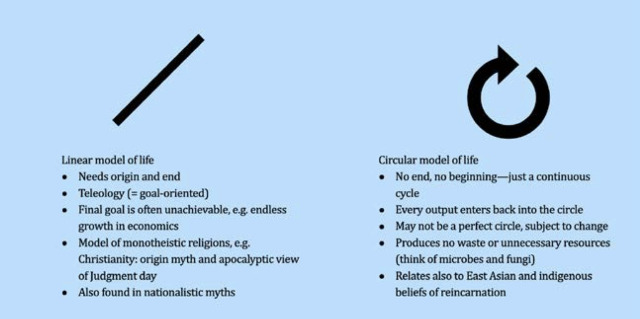Text
In this course, we will reevaluate and rephrase philosophical and scientific approaches from the 20th century to the burning question: what is life? Across all disciplines, giving an answer to the mysterious way of life does not only serve as an approximation to “truth”, but to power. Defining life is a decision of inclusion and exclusion of various creatures and thus a highly political act. For example, many people deny rocks the possibility of living, but in recent years, rivers like the Whanganui have obtained the status of a legal person. In the same vein, although belonging to the very same species, colonialists treated indigenous people as “savages” or belonging to the natural world. Last but not least, transhumanist phantasies of a humanoid artificial intelligence finally bringing an end to humanity haunt the narratives of science fiction movies. With this in mind, we will ask: who defined life for whom and for what? With our contemporary lense of extinction, climate change, artificial life & intelligence, we desperately need new ways of thinking life that helps us out of the predicament of anthropocentrism and waning natural resources. We will look at definitions of life by Charles Darwin, Erwin Schrödinger, Alfred North Whitehead, Spinoza, Lynn Margulis, Donna Haraway and Rosi Braidotti as well as various indigenous cosmologies.
